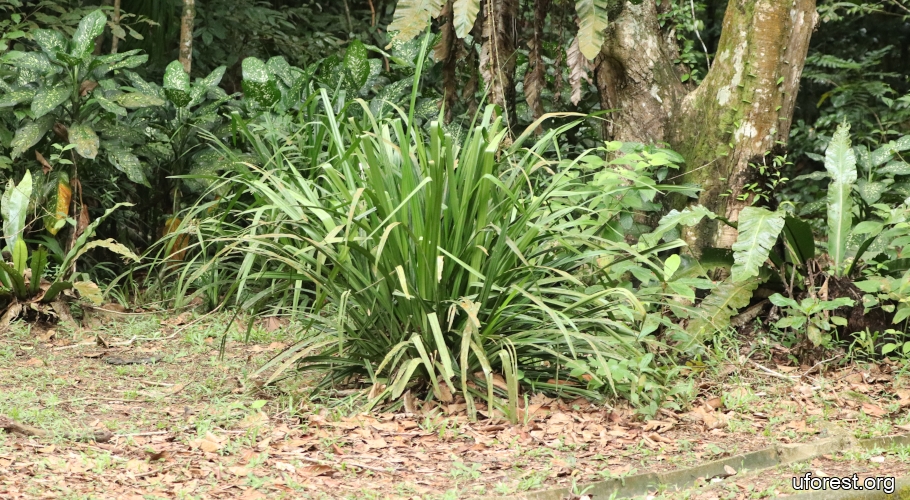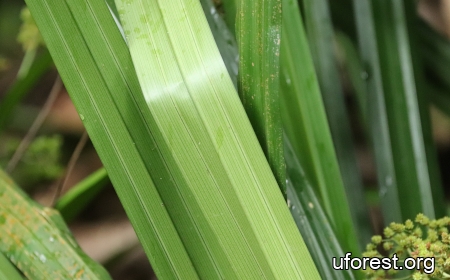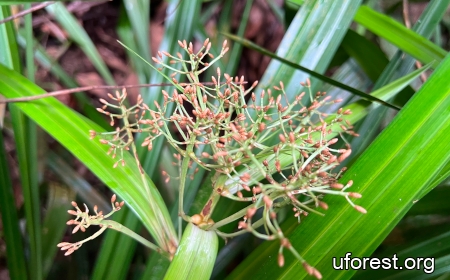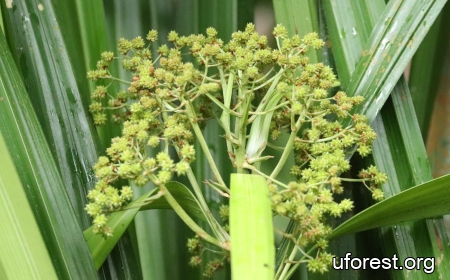Hypolytrum nemorum (Vahl) Spreng.
| Etymology | Genus | From Greek, Hypo=nder, ythron=gore; possibly referring to the reddish or brownish coloration of the leaf sheaths |
|---|---|---|
| Species | From Latin, of woods, sylvan; referring to the habitat | |
| Family | Cyperaceae | |
| Synonyms | - | |
| Common Names | Wooded Hypolytrum | |
| Status | Native: Common | |
| Form | Herb | |
| Native Distribution | Tropical & subtropical Asia to western Pacific islands | |
Diagnostics:
A common grass-like plant with triangular stems up to 90 cm tall and long narrow leaves, mostly from the base. The flower heads are small rounded clusters, whitish to brown, and produce tiny ridged, egg-shaped fruits. It is frequently encountered along forest trails under shade in our nature reserves.
Interesting Facts:
Hypolytrum nemorum has two varieties (Simpson, 2019). The typical form, var. nemorum, is a large and robust plant with brown flower clusters and small brown bracts with smooth edges. In contrast, var. proliferum is smaller and more slender, with whitish flower clusters and whitish bracts that have torn or ragged edges.

Along Mandai Track 7 (2025).

Blade.

Young inflorescence.

Developing infructescence.
References
Simpson, D. A. (2019). Cyperaceae. In Flora of Singapore (Vol. 7, pp. 37–211).
Author: Siyang
Posted: 2025-09-28